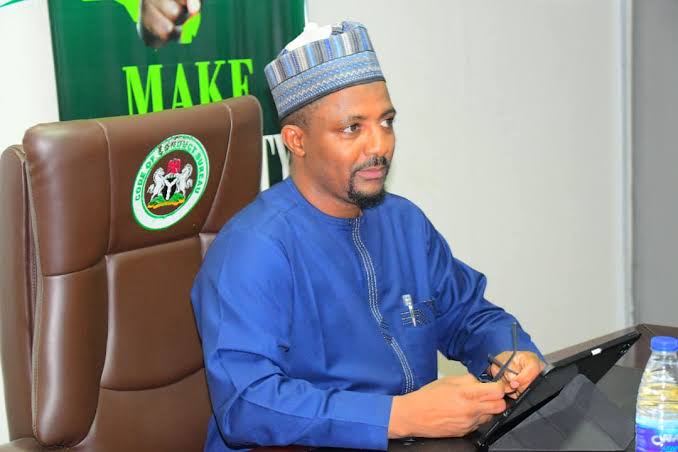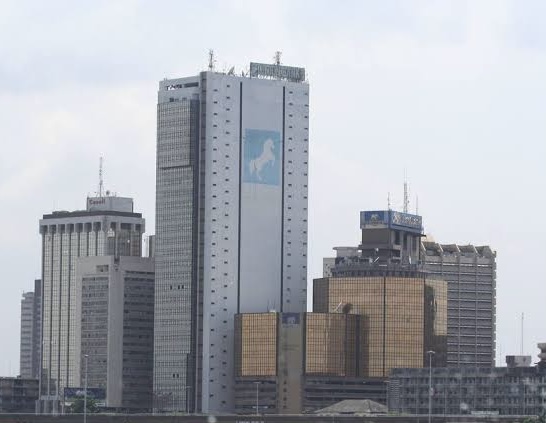
African lawmakers, regional institutions, and social partners have endorsed a draft Model Law on Labour Migration, marking a major step towards harmonising national migration policies with international standards.
The endorsement followed a three-day Continental Consultation on the Draft Model Law on Labour Migration in Africa, held in Nairobi, Kenya, from 16 to 18 June 2025.
The consultation brought together members of the Pan-African Parliament (PAP), representatives from the Kenyan Parliament and Department of Labour, African Union (AU), International Labour Organization (ILO), International Organization for Migration (IOM), Regional Economic Communities (RECs), as well as civil society, trade unions, business leaders, and academics.
In a joint communiqué, participants reaffirmed their commitment to advancing a gender-sensitive and rights-based legal framework for labour migration. The Model Law is intended as a guiding instrument for AU Member States to strengthen fair recruitment, migrant worker protections, and access to social security across the continent.
Hon. John B. Bideri, Chairperson of the PAP Committee on Trade, Customs and Immigration Matters, described the Model Law as “a shared tool” to ensure labour migration in Africa is governed with dignity and fairness.
“Labour migration is a powerful driver of regional integration and development, but only when governed in a way that protects dignity, rights and opportunity,” he said, calling on AU Member States to adopt the law as a framework for developing or updating national legislation.
ILO representative Khumbula Ndaba emphasised the significant challenges facing migrant workers despite their contributions to development. “The Model Law is our response—to ensure labour mobility is productive, rights-based, and gender-responsive,” he said.
IOM Regional Specialist Wonesai Sithole stressed the need for inclusive, Afrocentric governance systems in light of Africa’s growing youth population.
Participants critically examined the draft law’s structure and provisions to ensure clarity and adaptability within diverse legal contexts. Technical experts provided inputs to align it with existing national, regional, and international legal standards.
Delegates also discussed implementation barriers, such as limited political will, resource constraints, and coordination challenges. Recommendations were made to address these issues and mobilise continental support for effective domestication.
The next phase will involve presenting the revised draft to the PAP Plenary for adoption, after which it will proceed to relevant African Union policy bodies for further endorsement, with advocacy for national-level integration.
The consultation was jointly organised by the PAP and ILO as part of ongoing efforts to improve labour migration governance across Africa.












